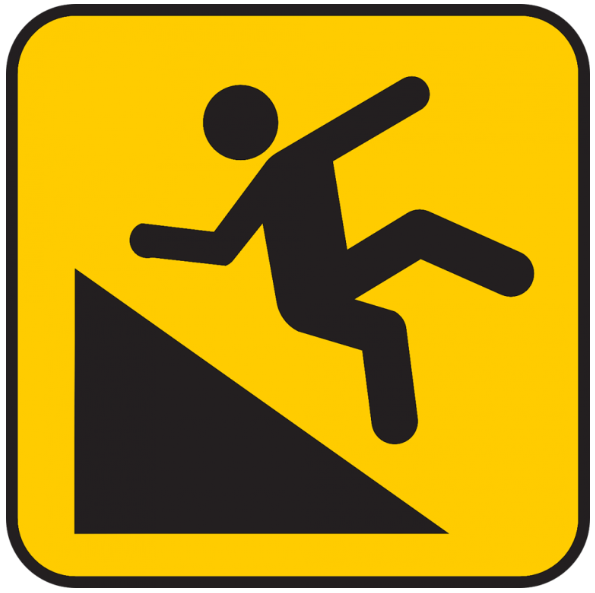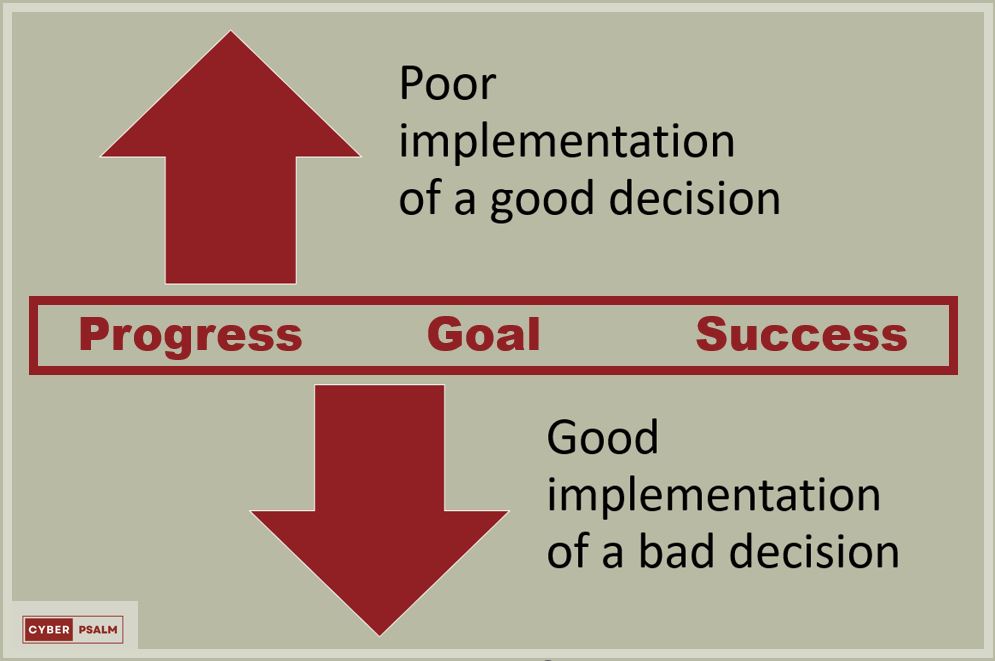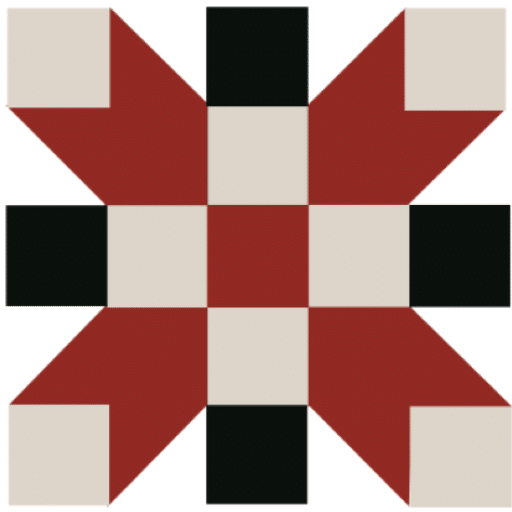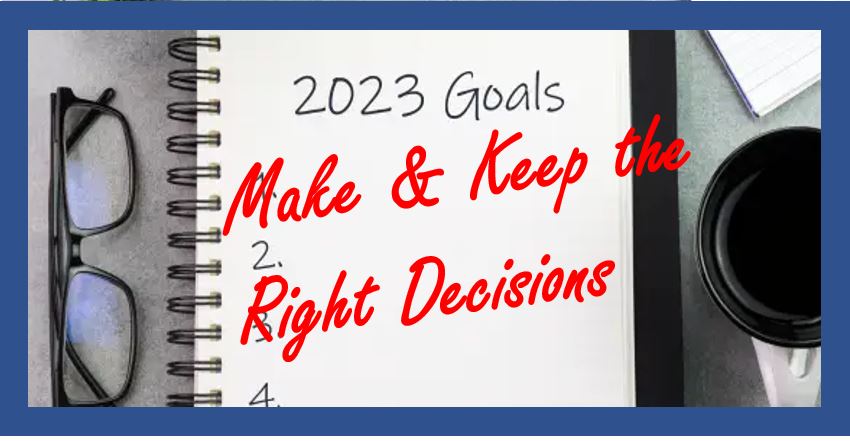The ability to make and keep decisions is a defining life trait of humans. It places us squarely between animals and Godliness, trying to be more like one or the other. At this intersection there is wiggle room, where we, as individuals and groups, slip around on a greasy slide between barbarism and humanitarianism.
Before and after all, decisions are the source of knowledge and progress. Just as they are a source of compounded waste and despair. Decisions might be the ultimate slippery slope, the defining dichotomy of things good verus bad.

We Impose Structure in Order to Do the Ever Allusive “Right Thing”
We know things have to get better; we can do better; so, what? Its New Year’s Day, hence psychologist-types are having a field day and multitudes are scrambling to reframe a meaningful resolution. Some resolutions will stick.
Next up the ladder comes voting. We get constant reminders of how important and influential it is, with ever growing efforts to get the checks in the right box.
Then comes the political backroom, private and dark, the prime repository of things lost and held to rumor. This is where rot grows. Treacherous political decisions gain advantage through systems like the filibuster and bipartisan agreement.

Decisions influence across multiple spectrums of our existence. They determine if we are going up or down, and under what degree of productivity. Any decision influences subsequent ones. They can come with natural ease (or dis-ease, as when you cannot decide who you are), or can be deliberately structured (“get out the vote”).
Leadership Reflects Our Ability to Make and Keep Decisions
In significant regard, prevailing government decisions (and non-decisions) are forcing the people to make difficult personal decisions. People are not ignoring the need to protect themselves, especially since the government, basically and sufficiently, is not.
The SCOTUS should come to the rescue with solid constructive decisions, given their role. But in this hour of need, the court manifests the languish and lost quality of proper government decisions. So, the SCOTUS has disqualified itself from even honorable mention.
To make and keep decisions, we have to have rule of law. And to have rule of law, we have to have good decisions. In a democratic sense, this symbiotic relationship must hold. The fascist camel has taken a dump in the tent of America. Treasonous acts and collusion against democracy have long been before our eyes. Even delay of the decisions to prosecute can be fatal. If those in power cannot openly decide and fight these transgressions, where are we, and where are we going?
Behold Lincoln: Still the Bright Beacon of Hope
No American has acted more openly and dynamically for the good of the people than Lincoln, the imperfect pragmatist. Anyone who wants to better understand the limits and challenges of decision making in today’s America can benefit from Jon Meacham’s recent book, Let There Be Light. Lincoln openly debated and consistently made humanitarian decisions, like we need now. He influenced the very definitions of hero and leader, and we sorely need to find a few today.

